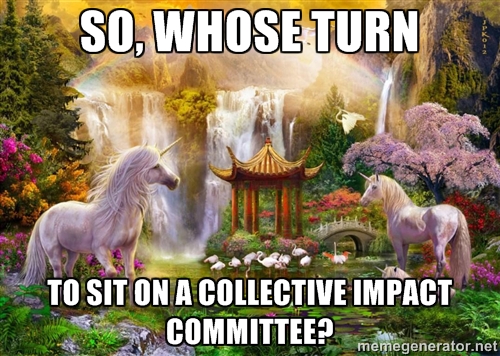 Hi everyone, this Thursday (3/12) is my birthday, and I’m going to use it as an opportunity to shamelessly promote my organization, Rainier Valley Corps, which is trying to bring more leaders of color into the sector while supporting existing leaders. We are a nine-month-old start-up nonprofit that takes nothing for granted; we wept with joy upon finding a working dry-erase marker last week, and I’ve been sneaking into conferences to stock up on pens. If you like this blog, please consider investing in RVC’s work with a donation based on how old you think I am. That’s right, if you think I’m 45, give $45. If you think I’m 36 and a half, give $36.50. If you think I’m 86, why…you genius, that’s exactly how old I am! (And I won’t be offended if you think I’m 1,000 or 5,000 years old).
Hi everyone, this Thursday (3/12) is my birthday, and I’m going to use it as an opportunity to shamelessly promote my organization, Rainier Valley Corps, which is trying to bring more leaders of color into the sector while supporting existing leaders. We are a nine-month-old start-up nonprofit that takes nothing for granted; we wept with joy upon finding a working dry-erase marker last week, and I’ve been sneaking into conferences to stock up on pens. If you like this blog, please consider investing in RVC’s work with a donation based on how old you think I am. That’s right, if you think I’m 45, give $45. If you think I’m 36 and a half, give $36.50. If you think I’m 86, why…you genius, that’s exactly how old I am! (And I won’t be offended if you think I’m 1,000 or 5,000 years old).
Also, because it’s my birthday this week, I am going to take a break from serious topics like equity or capacity building or performance reviews, and instead start an annual tradition of poorly-edited ranting about people in the sector who get on everyone’s nerves. Look, we have an awesome field full of smart, very good-looking, and extremely humble people. Still, there is room for improvement. If you are one of these people below, please change your ways before I form a shadow organization that will hunt you down and bring you to justice:Continue reading →





